Special Report
The States Rolling Back Child Labor Protection Laws
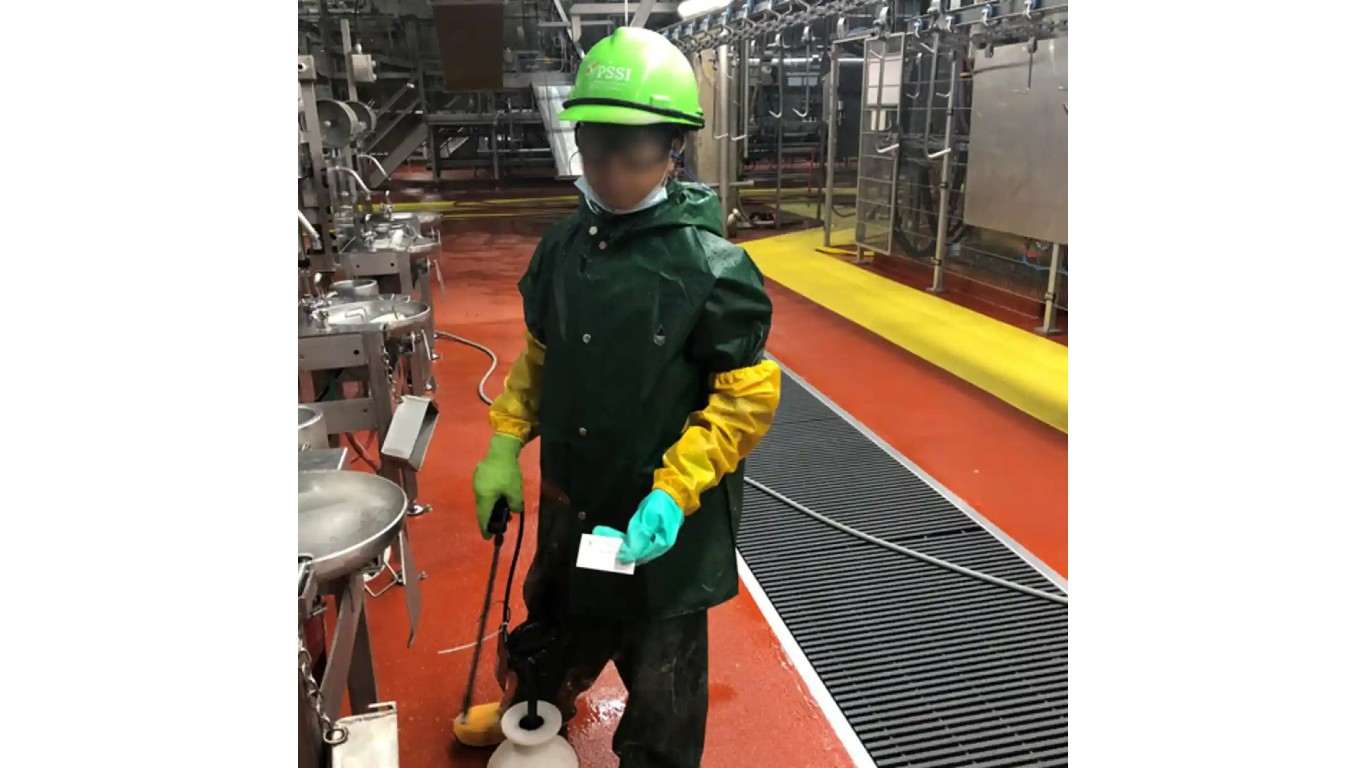
Published:
Last Updated:

It took vigilance by educators at Walnut Middle School in Grand Island, Nebraska, to blow open one of the most egregious cases of U.S. child labor abuse in recent memory. In August 2022, the school told police about acid burns on the hand and knee of a 14-year-old student who said she worked nights at a local slaughterhouse.
A Department of Labor investigation into the incident found that Packers Sanitation Services, a Wisconsin-based leading food safety management company, had been employing minors in overnight shifts to use “caustic chemicals to clean razor sharp saws” in abattoir-cleaning operations. PSSI paid $1.5 million after the Labor Department found the company had hired 102 children as young as 13, including unaccompanied undocumented minors who recently crossed the southern border into the United States, in violation of federal child-labor laws. It is important to be familiar with labor laws – here are the labor laws your boss doesn’t want you to know about.
The high-profile case helped urge Biden administration officials to escalate efforts to root out illegal child-labor practices, including the creation of an interagency task force. Last year, there were 835 cases involving child-labor violations, the highest number since at least 2013, based on data posted to the Labor Department’s website. An estimated 3,876 minors were employed in these violations, a 178% increase compared to 2013.
Despite this spike in child-labor violations, some states are moving to loosen child-labor laws, in most cases making it easier and cheaper to employ underage workers as young as 14.
To identify the states that have introduced legislation or enacted laws to make it easier and cheaper to employ minors, 24/7 Wall St. reviewed an analysis of enacted or pending state legislation across the country by the Economic Policy Institute, a left-leaning labor-policy nonprofit research group. The status of pending legislation has been updated as of May 31.
At least 14 states have introduced bills to loosen state child-labor laws since 2021. At least five states have signed these bills into law, most of which increase the number of hours underage workers as young as 14 can work. The most controversial of these measures is in Iowa, where Republican Gov. Kim Reynolds signed a bill into law that contradicts federal prohibitions on hazardous jobs.
For example, Iowa state agencies can approve minors to operate industrial machinery under the auspices of “work-based learning” or a “school or employer-administered, work-related program,” according to the EPI.
Among introduced legislation is a bill in Maine that would allow minors to work in unsupervised child care services and also increases the number of children that any single worker can legally have in their care. Lawmakers in Iowa, Maine, New Hampshire, and Wisconsin have either introduced bills or enacted laws making it easier to hire minors to work in establishments that sell or serve alcoholic beverages. In some cases these laws contradict federal laws. (Also see, domestic workers hold the most jobs in these 12 states.)
Federal law prohibits children under the age of 14 from working most types of jobs. It also stipulates that children under the age of 16 can only work up to three hours on a school day and 18 hours per week when school is in session, and only until 7 p.m. during the school year. The federal government also lists numerous types of jobs that minors are prohibited from doing because of safety considerations.
Here are at least 10 states that have introduced or passed laws rolling back child labor protections
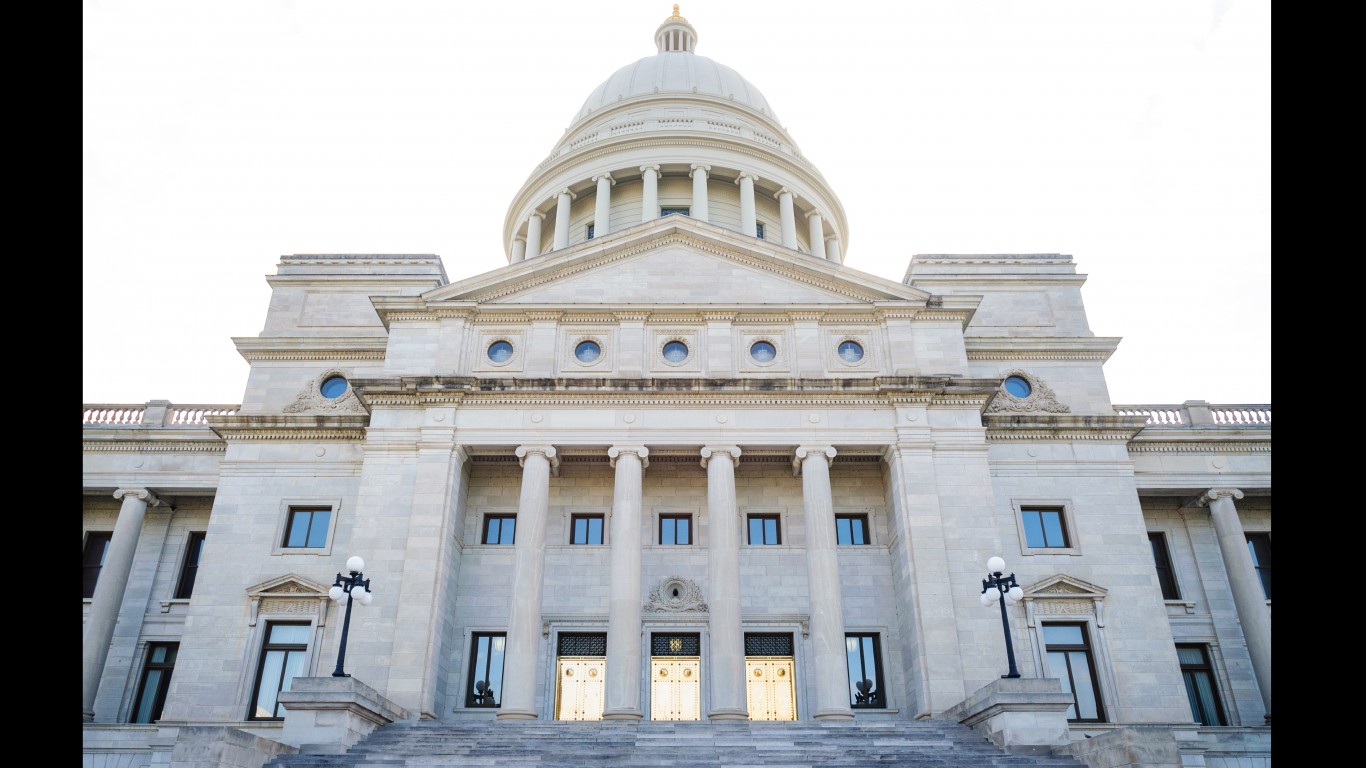
Arkansas
> Bill: HB 1410
> Status: Enacted
Gov. Sarah Huckabee Sanders in March signed a bill into law eliminating work permits for minors, a change from the requirement that the state verify the ages of workers under 16 years old and provide them with work permits. The new law goes into effect in August.
Minors are prohibited from working in numerous types of jobs, mainly involving dangerous environments like operating factory machinery or working in quarries. In Arkansas, minors also cannot work in pool or billiard halls, or “in any saloon, resort, or bar where intoxicating liquor of any kind is sold or dispensed.”
[in-text-ad]
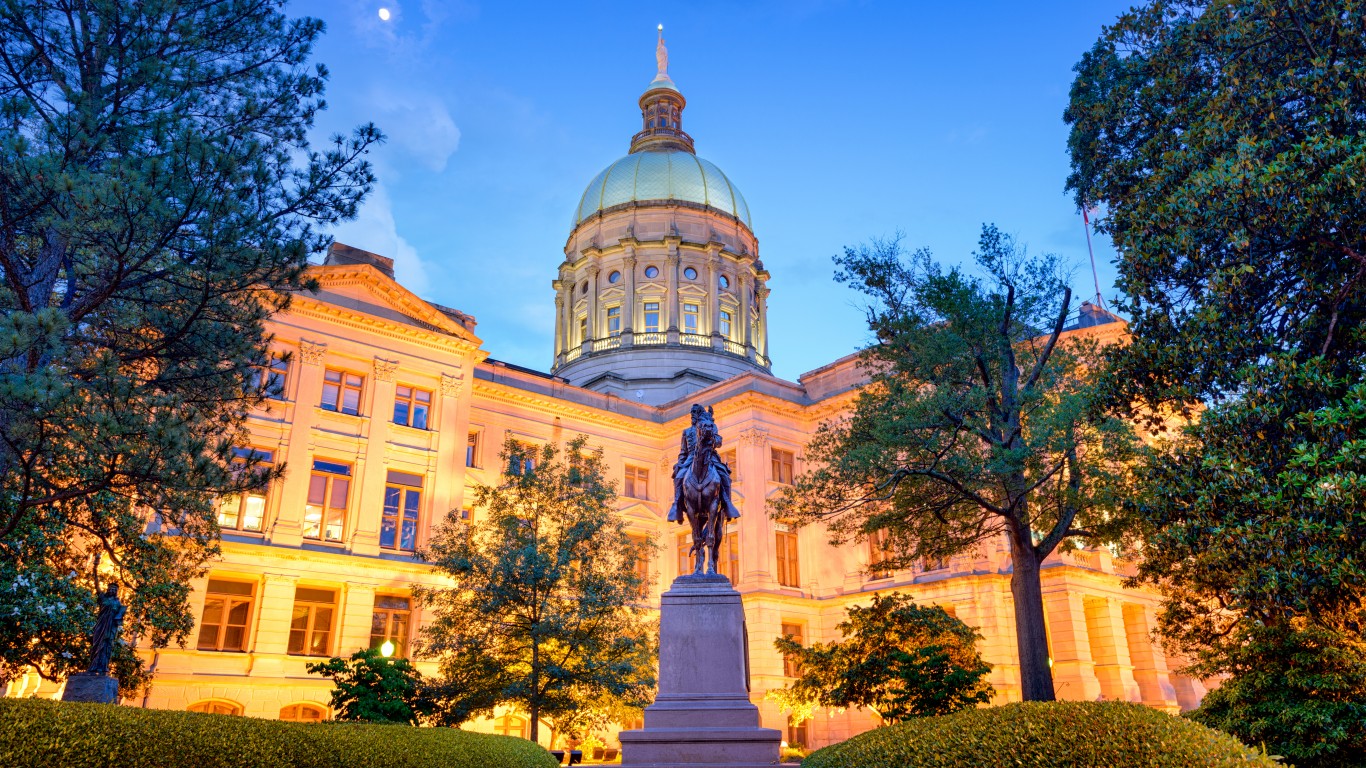
Georgia
> Bill: HB 501
> Status: Withdrawn
A Republican-sponsored bill introduced in February included provisions eliminating the need to certify underage workers and allowing minors as young as 14 to work during school holidays in the landscaping and lawn maintenance of property owned or leased by the employer, such as land around mills or factories. The bill was withdrawn in March.
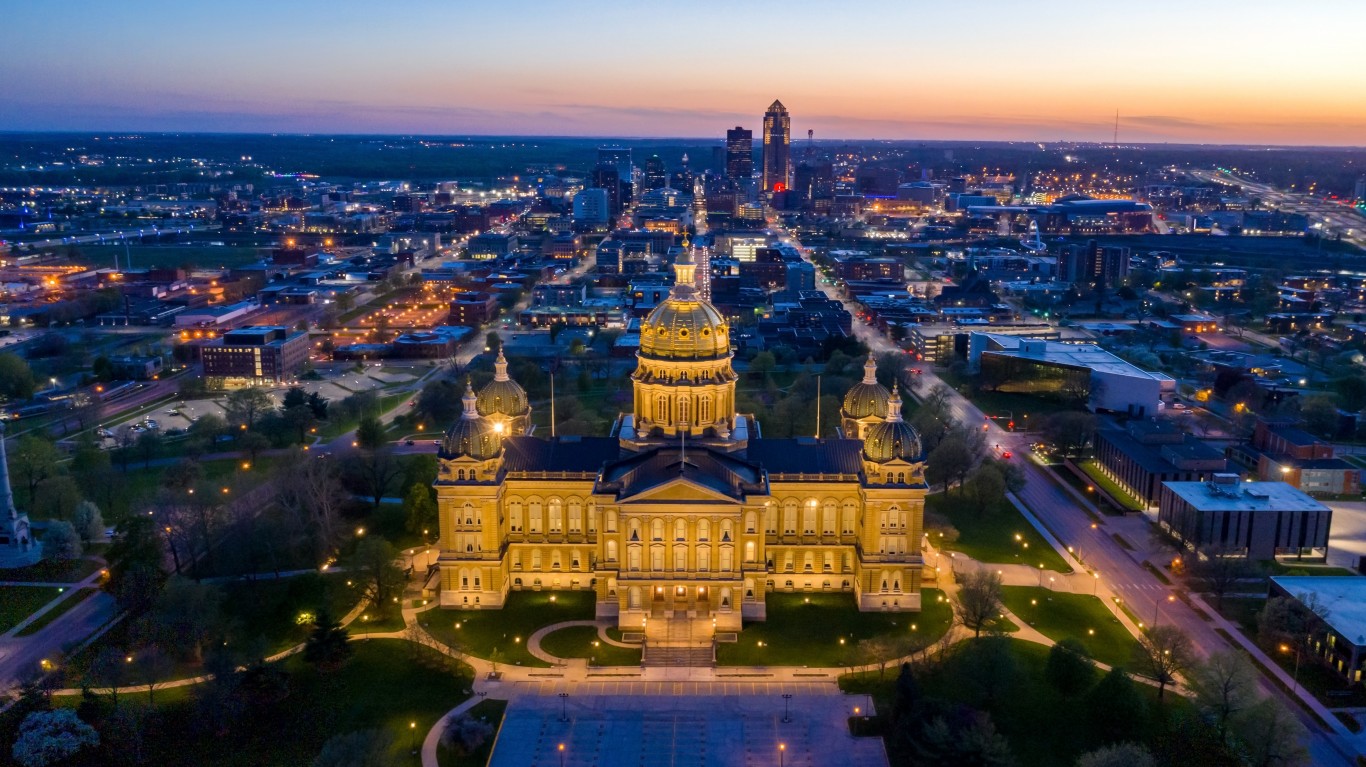
Iowa
> Bills: SF 542, HF 2198
> Status: Enacted
In 2022, Iowa implemented a law lowering the legal age of unsupervised child care workers to 16 and increasing the number of children a child care provider can oversee. In May, Republican Gov. Kim Reynolds signed a bill into law that extends the hours that underage teens can work in establishments where they can be employed. Teens ages 14 and 15 can now work as much as six hours a day, up from four hours, until 9 p.m., or 11 p.m. during the summer school break. These teens also can now work in previously prohibited jobs, including some that challenge federal work safety rules for underage workers. The age that teens can serve alcoholic beverages was also lowered to 16.
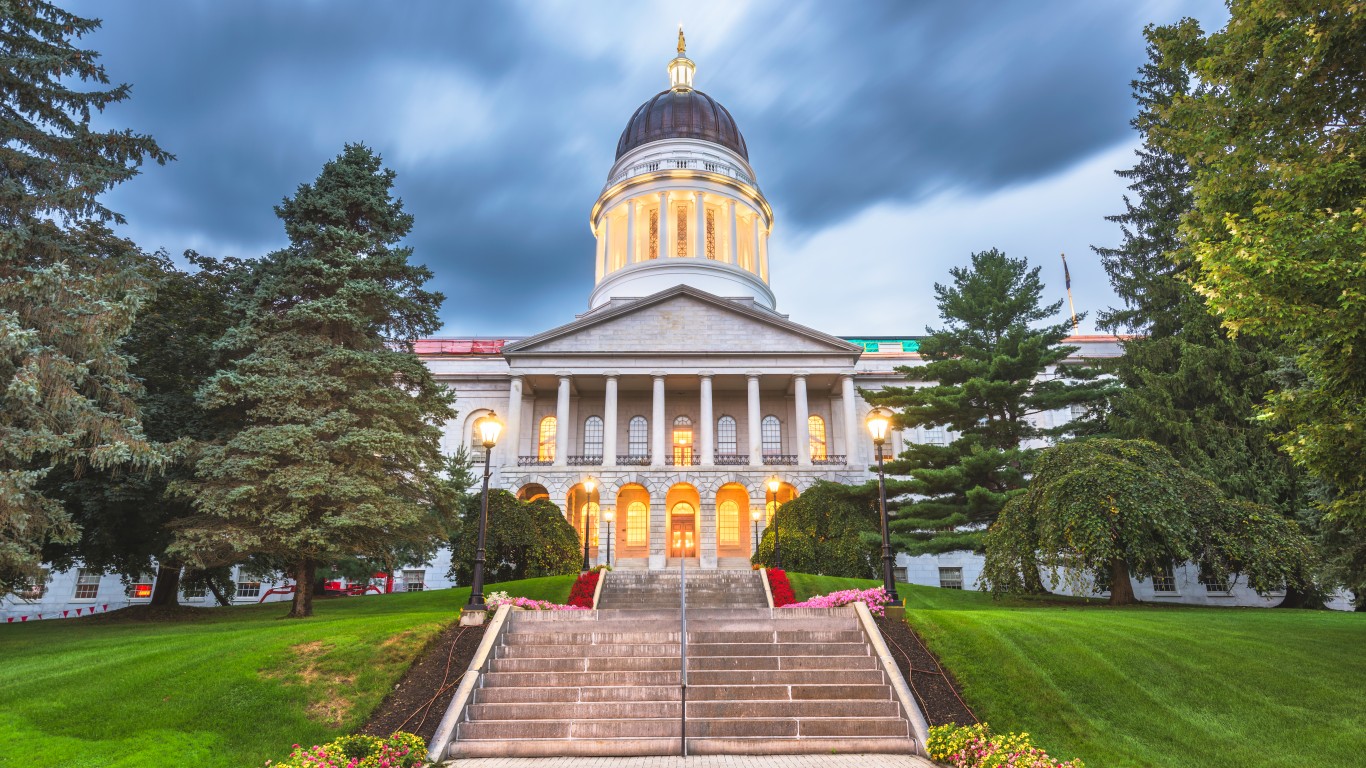
Maine
> Bills: LD 1332, LD 559
> Status: Introduced
Among several bills Maine Republicans have floated this year to parlay recent increases in the state’s minimum wage are two bills affecting underage workers. LD 1332 would create a lower minimum wage for minors. In most cases, workers 14 or 15 years of age would have an hourly wage floor of $7.75, and workers ages 16 or 17 would have a minimum hourly wage of $8.50. The other bill would increase the maximum number of hours minors aged 16 or 17 may work to more than 24 hours a week or 32 hours a week if the minor is enrolled in homeschooling.
[in-text-ad-2]
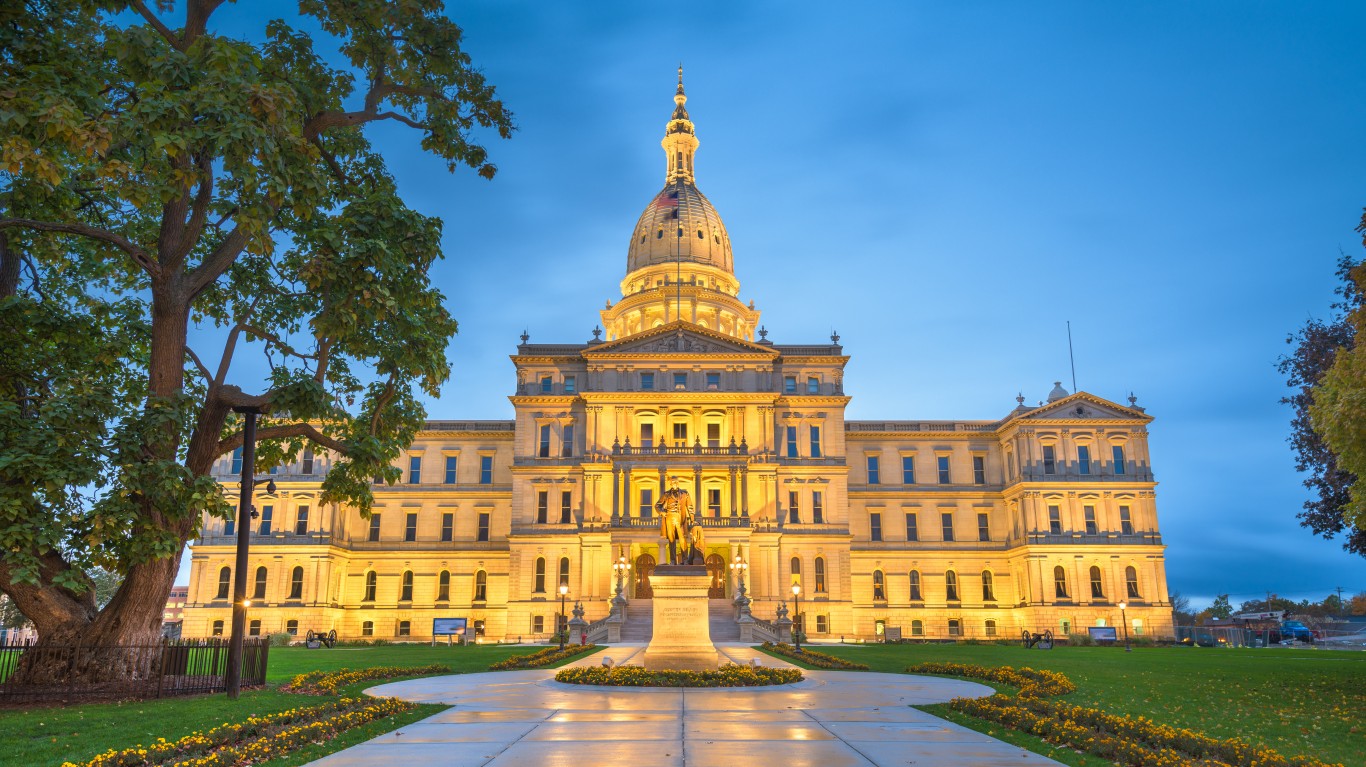
Michigan
> Bills: HB 5696, HB 5726, HB 4232
> Status: Enacted
Last year, Michigan enacted laws making it easier to employ underage workers at establishments that serve or sell alcoholic beverages. HB 5726 scraps the need to authorize the employment of minors 16 years or older to work in these establishments as long as half of revenue is generated by food sales. HB 5696 proposes a commission to control alcoholic beverage traffic in the state, including a measure exempting minors over the age of 16 from licensing requirements to work at establishments that serve or sell alcoholic beverages. HB 4232 permits individuals 17 years or older to serve or sell alcoholic beverages.
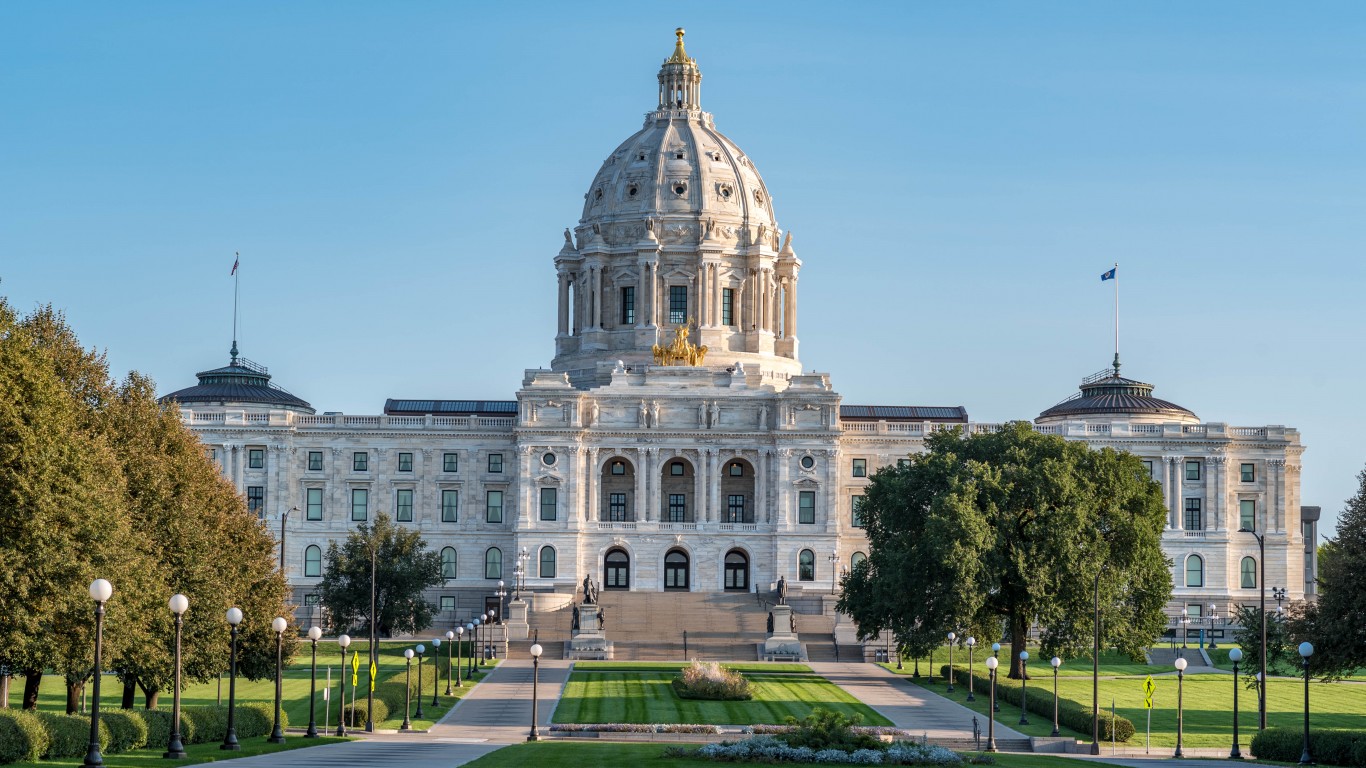
Minnesota
> Bills: SF 375, SF 1102
> Status: Introduced
Through SF 375, Minnesota lawmakers are considering allowing minors 16 or older to work in the construction industry. Another bill, SF 1102, would amend an existing rule to increase the number of hours minors under the age of 16 may work. The new law would allow them to work between 6:30 a.m. and 9 p.m. on a day preceding a school day, and as late as 11 p.m. on other days. Federal law prohibits minors ages 14 and 15 from working more than three hours a day on a school day in non-agricultural jobs.
[in-text-ad]
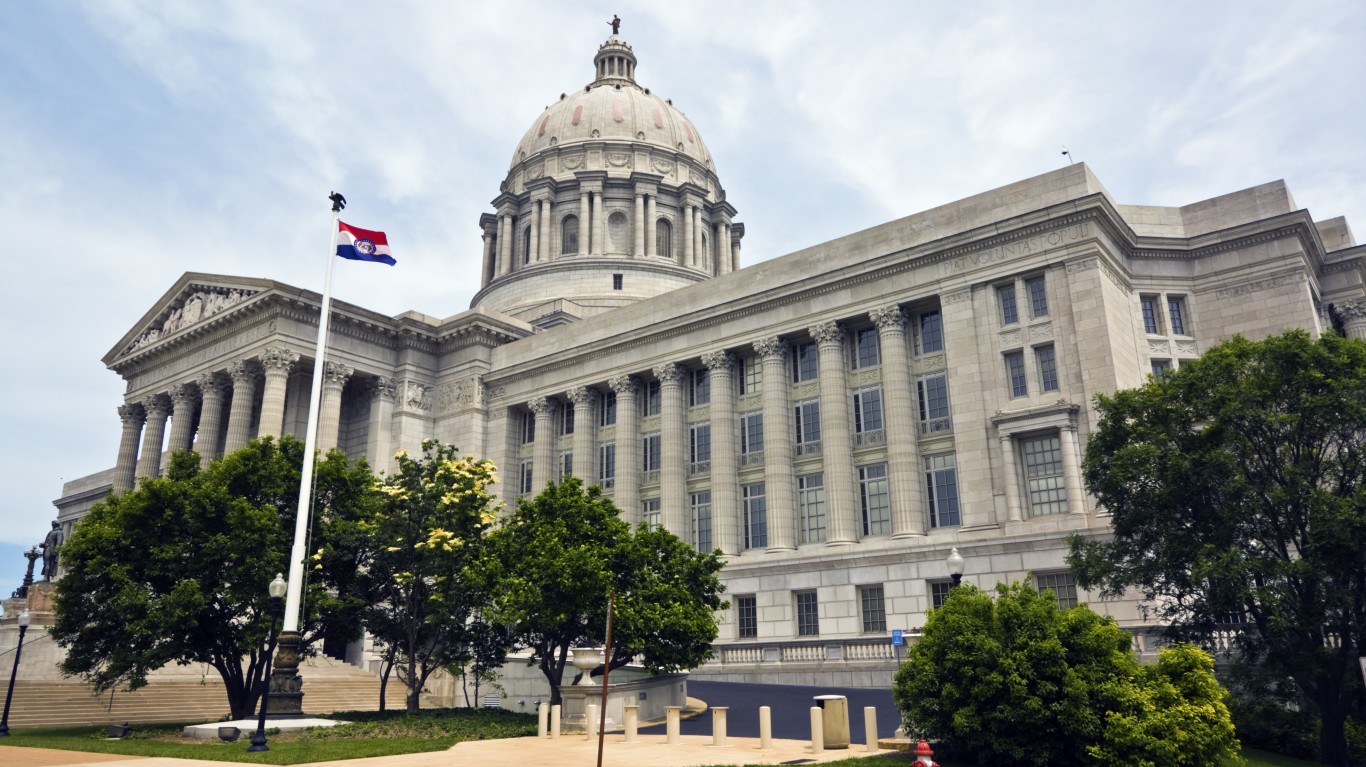
Missouri
> Bills: SB 175, HB 188
> Status: Introduced
SB 175 would repeal provisions requiring work certificates for minors. Children ages 14 to 16 would be able to work with written permission from a parent or legal guardian. In March, the Missouri House of Representatives advanced HB 188, which would extend working hours for minors 16 and older from 7 p.m. to 9 p.m.
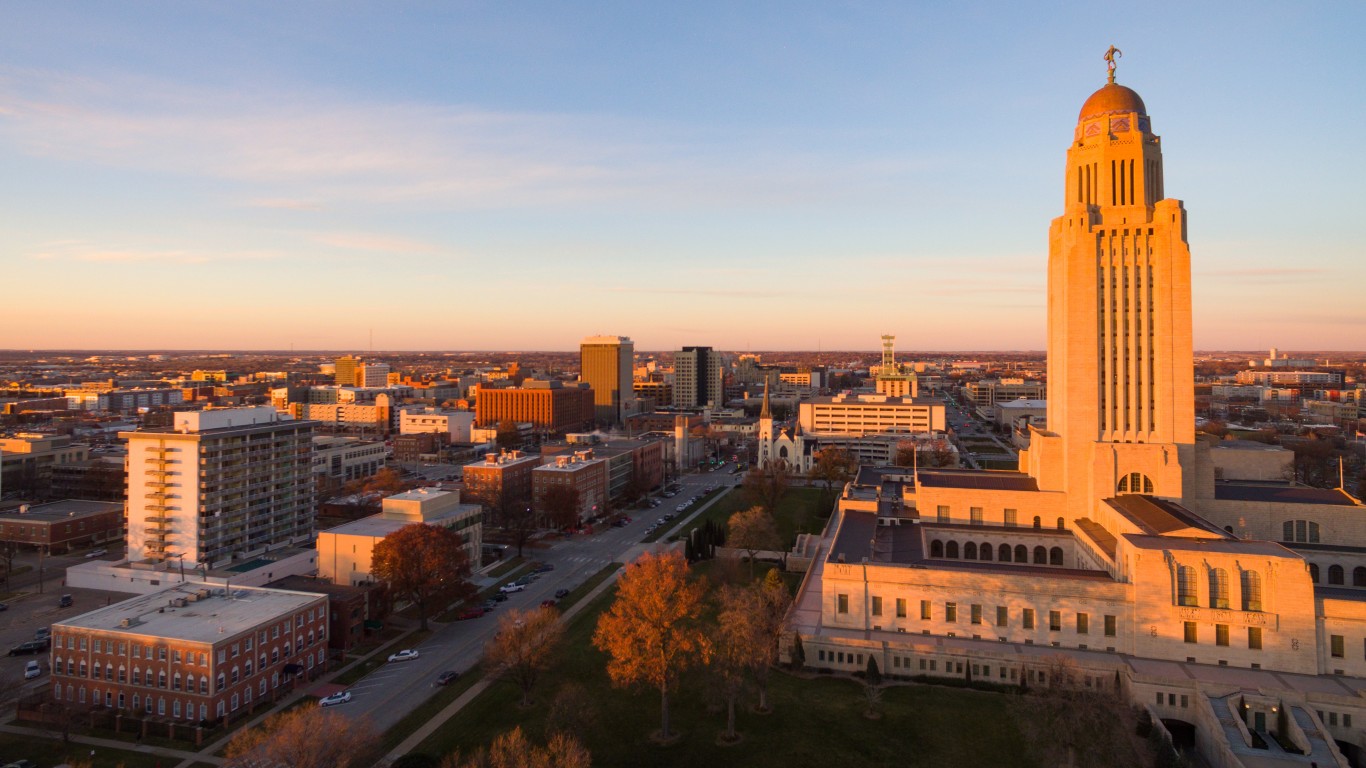
Nebraska
> Bill: LB 15
> Status: Introduced
Republican State Sen. Tom Briese introduced LB 15 that would create an alternative hourly minimum wage for underage workers of $9 in 2023. The wage would incrementally increase to $10 an hour in 2026, compared to $10.50 in 2023 and $15 in 2026 for adult workers. The provisions from Briese’s bill were added to LB 327, proposed by Democratic State Sen. Jane Raybould, whose family owns grocery stores, according to the Lincoln Journal Star. The Nebraska Grocery Industry Association also supports the measure.
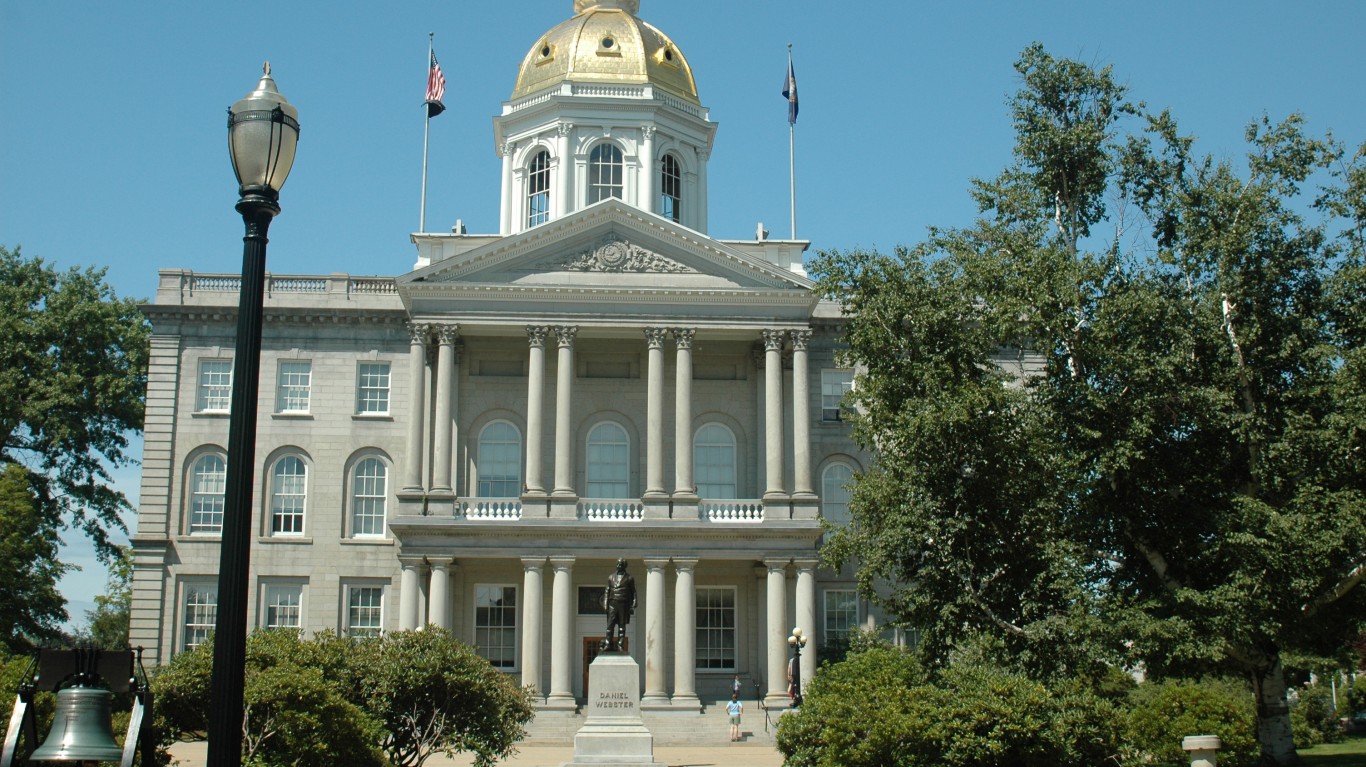
New Hampshire
> Bill: SB 345
> Status: Enacted
Last year, Republican Gov. Chris Sununu signed into law a bill lowering the age limit for underage workers to bus tables at establishments that serve alcoholic beverages from 15 to 14. Workers as young as 14 can help stock supplies at these establishments as long as they are supervised by a coworker who is at least 18 years old. The law also increases the number of hours students ages 16 and 17 can work when school is in session, from 30 hours to 35 hours, a change affecting most student workers in the state.
[in-text-ad-2]
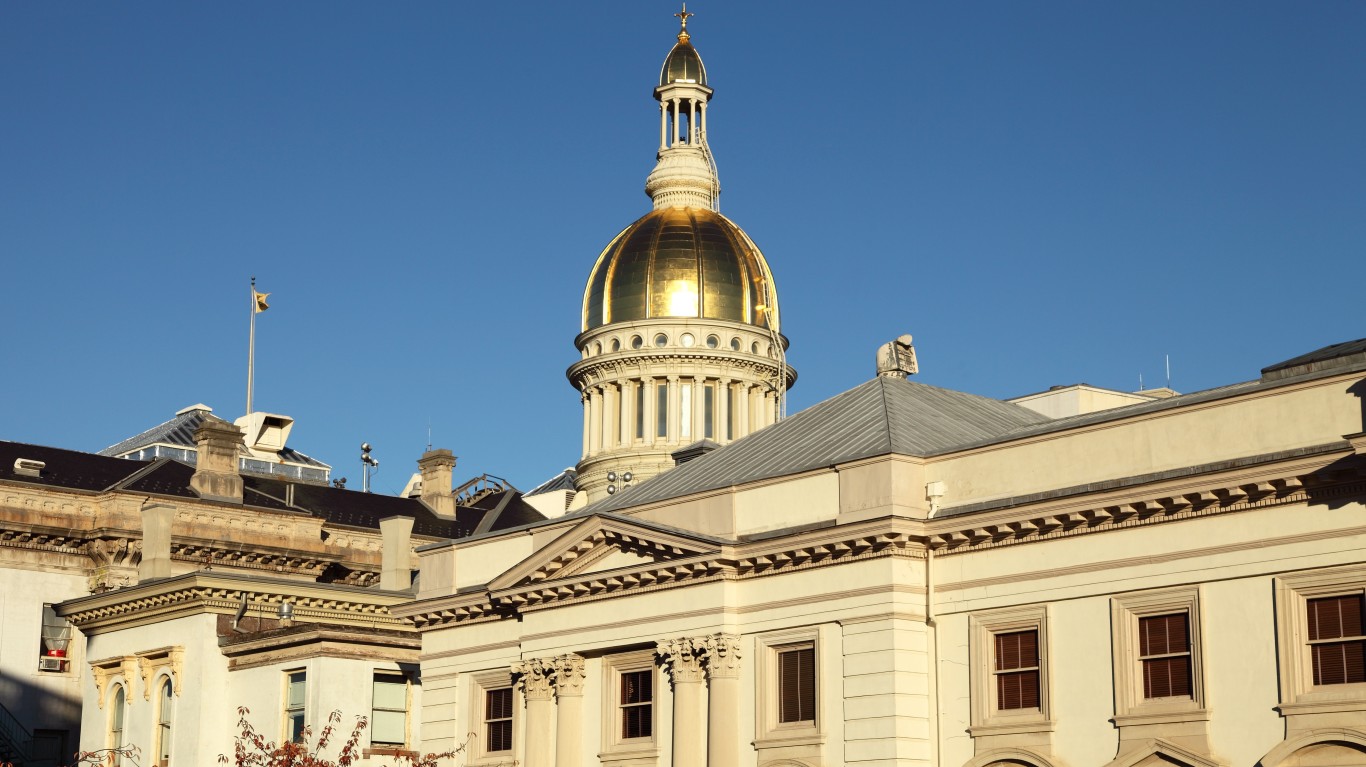
New Jersey
> Bill: A4222
> Status: Enacted
Democratic Gov. Phil Murphy signed into law a bill last year that made numerous tweaks to its child labor laws. Workers ages 16 to 18 can now work up to 50 hours a week during the summer school break, and the number of working hours for children ages 14 or 15 was increased to conform to the federal standard. The law also strips authority of school districts to issue working papers for minors; removes the need for consent from a parent or guardian for underage workers; and increases the amount of time before a shift breaks from five to six hours.
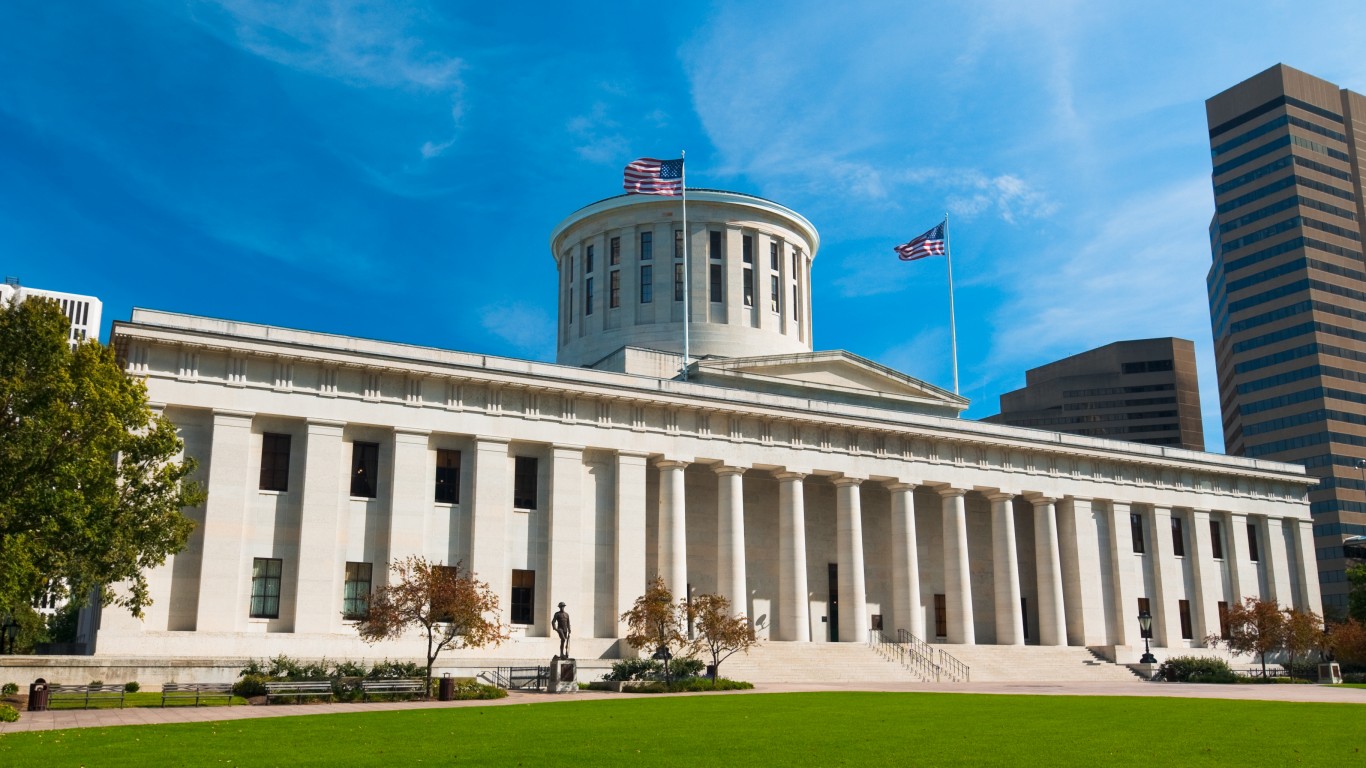
Ohio
> Bill: SB 30
> Status: Passed in the Senate
Ohio senators passed a bill in March that would allow workers ages 14 or 15 to stay on the job until 9 p.m. year-round with the permission of a parent or guardian and the consent of school administrators. The bill would create a trigger law, meaning that if the bill is passed, it would enact these changes “if federal law surrounding child labor changes,” according to the Dayton Daily News. Currently, federal law states teens ages 14 and 15 cannot work in non-agricultural jobs more than three hours on a school day, or 18 hours a week during the school year.
[in-text-ad]
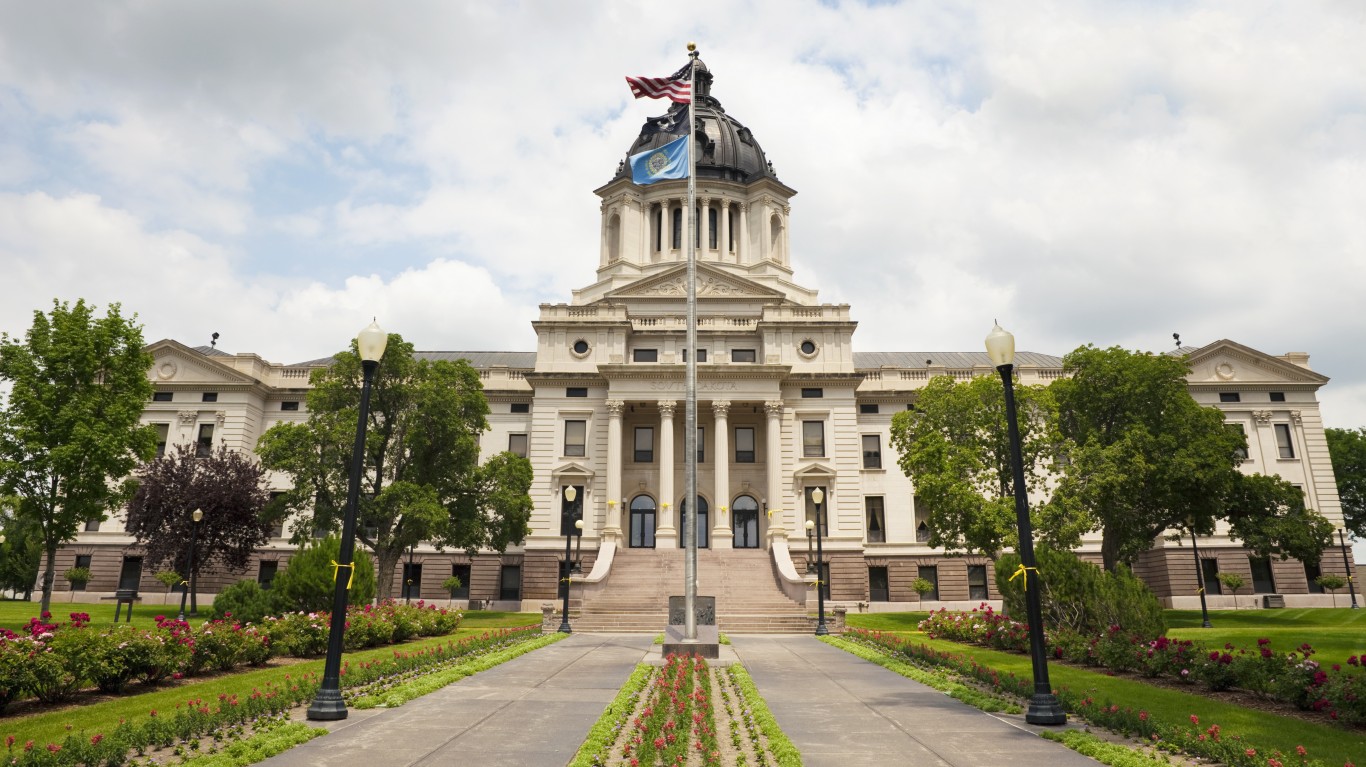
South Dakota
> Bill: HB 1180
> Status: Withdrawn
South Dakota Republican lawmakers briefly introduced a bill that would have extended the hours that a child under the age of 14 could work in “any commercial establishment” until 9 p.m. It also specified these minors may not be employed “at any time in any factory, workshop, or mine.” The federal government already prohibits children under the age of 14 from most types of non-agricultural jobs and specifically cites mining and manufacturing as prohibited job categories. HB 1180 was withdrawn in early February, days after it was introduced.
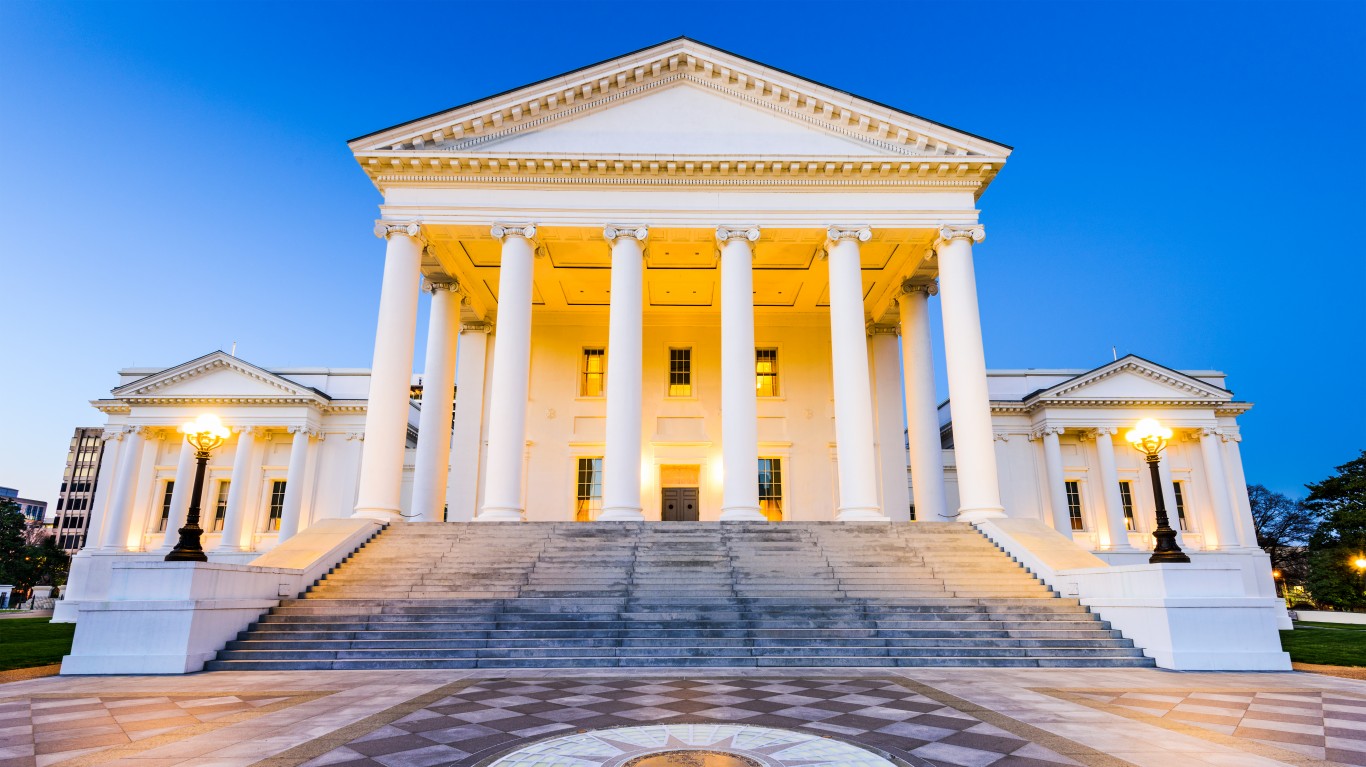
Virginia
> Bill: HB 1669
> Status: Failed in the House
A bill that would have created a lower alternative minimum wage for underage workers was kicked back by lawmakers to the House Commerce and Energy Committee a month after it was introduced. Had it passed into law, workers under the age of 18 would have seen their hourly wages reduced from the state minimum of $12 to $9.
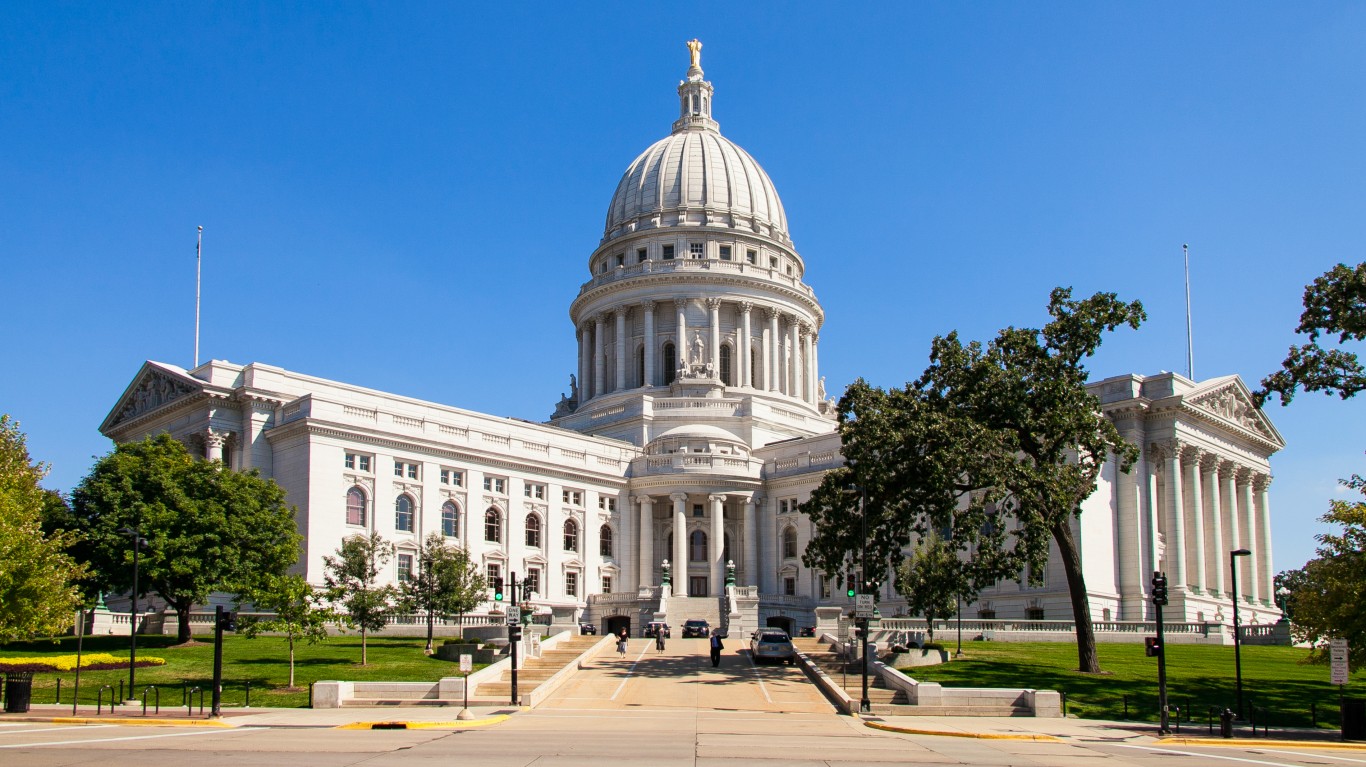
Wisconsin
> Bills: SB 332, AB 286
> Status: SB 332 vetoed
In May, Wisconsin lawmakers introduced a bill to allow workers as young as 14 to carry alcoholic beverages to customers who are not seated at the bar of an establishment. Last year, Democratic Gov. Tony Evers vetoed a bill that would have allowed 14- or 15-year-olds to work as late as 11 p.m. on days that do not precede school days. “I object to creating two separate systems of work requirements for employers, which would increase the amount of administrative work for businesses when determining the permissible hours and days they are allowed to employ minors,” the governor said in the statement announcing the veto.
Credit card companies are pulling out all the stops, with the issuers are offering insane travel rewards and perks.
We’re talking huge sign-up bonuses, points on every purchase, and benefits like lounge access, travel credits, and free hotel nights. For travelers, these rewards can add up to thousands of dollars in flights, upgrades, and luxury experiences every year.
It’s like getting paid to travel — and it’s available to qualified borrowers who know where to look.
We’ve rounded up some of the best travel credit cards on the market. Click here to see the list. Don’t miss these offers — they won’t be this good forever.
Thank you for reading! Have some feedback for us?
Contact the 24/7 Wall St. editorial team.